The technology
The unique nature of hairy roots means they can be manipulated to produce a diverse range of molecules which makes them an ideal biotechnology tool.
Hairy roots can be derived from various plant species to provide an effective platform for the production of a broad range of molecules.
In nature, hairy roots allow plants to draw more nutrients and water from their surroundings forming a symbiotic relationship with the bacteria.
Unlike adventitious roots, hairy roots can grow indefinitely and without geotropism. They are also able to grow independently of the green parts of the plant. This unique feature allows them to thrive in bioreactors without any need for light or heat.
Hairy roots are ideally suited to be used as a new biotechnology tool to optimize the production of speciality molecules. This amazing plant material naturally expresses all natural biosynthesis pathways that produce specialized metabolites. In addition, it is possible to transform hairy roots by stably integrating genes involved in particular metabolic pathways of interest (for example enzymes). These plant genes will push the pathway toward overexpression of the natural molecule of interest. Because hairy root clones are stably transformed they are also able to produce and secrete complex active glycoproteins from a wide range of organisms (i.e. human proteins). Their adaptability makes hairy roots invaluable bioproduction tools.
Samabriva’s expertise & know-how
Expertise along the entire value chain – from concept to reality
Genetic engineering

Samabriva’s team is able to modify metabolic pathways to express heterologous proteins and overexpress key genes boosting productivity.
Generation of hairy roots
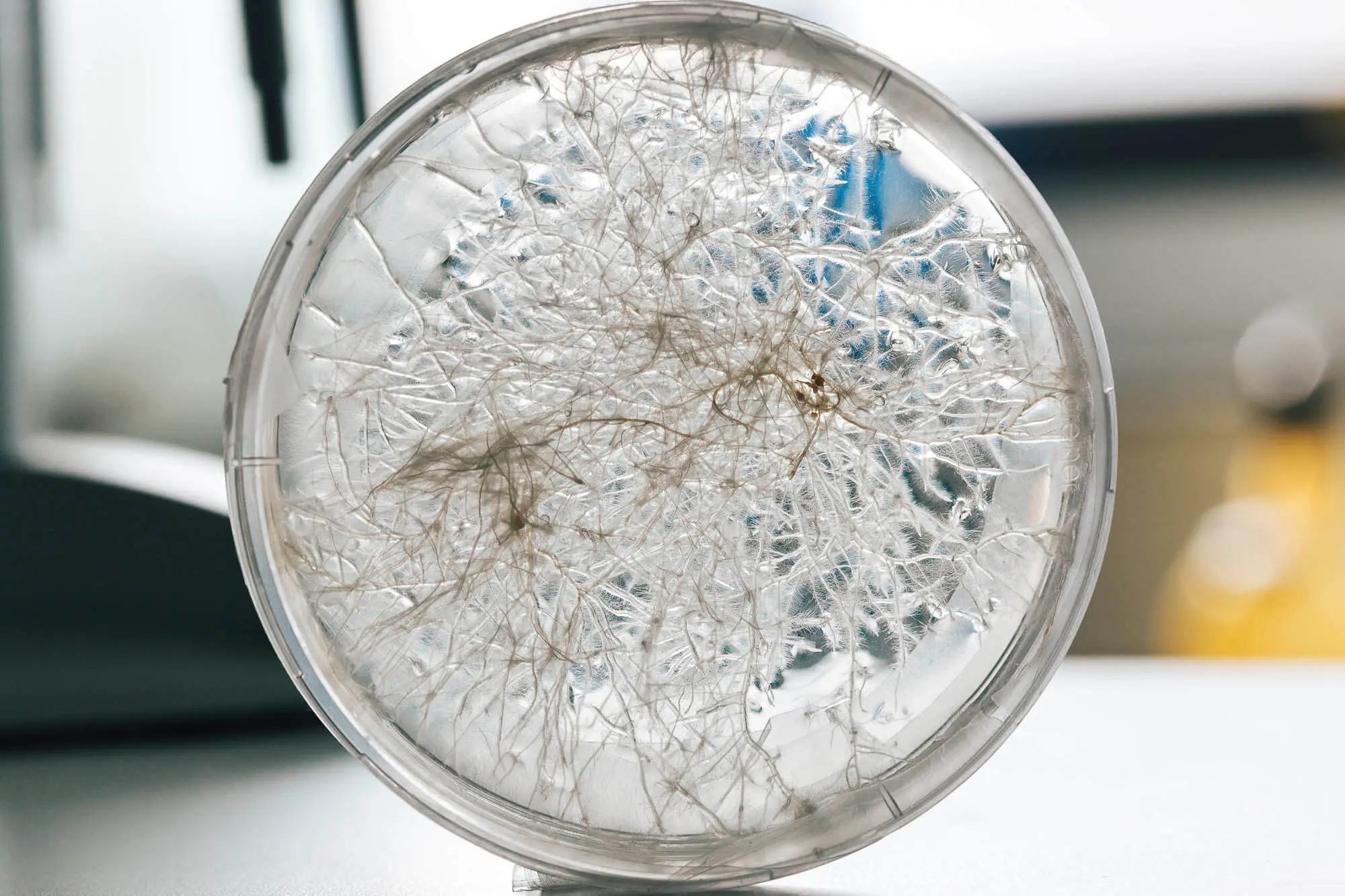
Samabriva has developed extensive expertise in the transformation of plants, including recalcitrant plants (e.g. lignin plants) into hairy root cultures. The company has developed hairy roots that can be cultured in liquid media opening up new avenues for bioproduction.
Culture optimization

Samabriva’s team uses a Design of Experiment (DoE) strategy to manipulate multiple parameters in parallel. This method allows them to identify potential interactions between these factors that might go undetected with a conventional approach. DoE reduces the number of experiments required to develop a successful, optimized process.
Pilot scale culture (25 L)
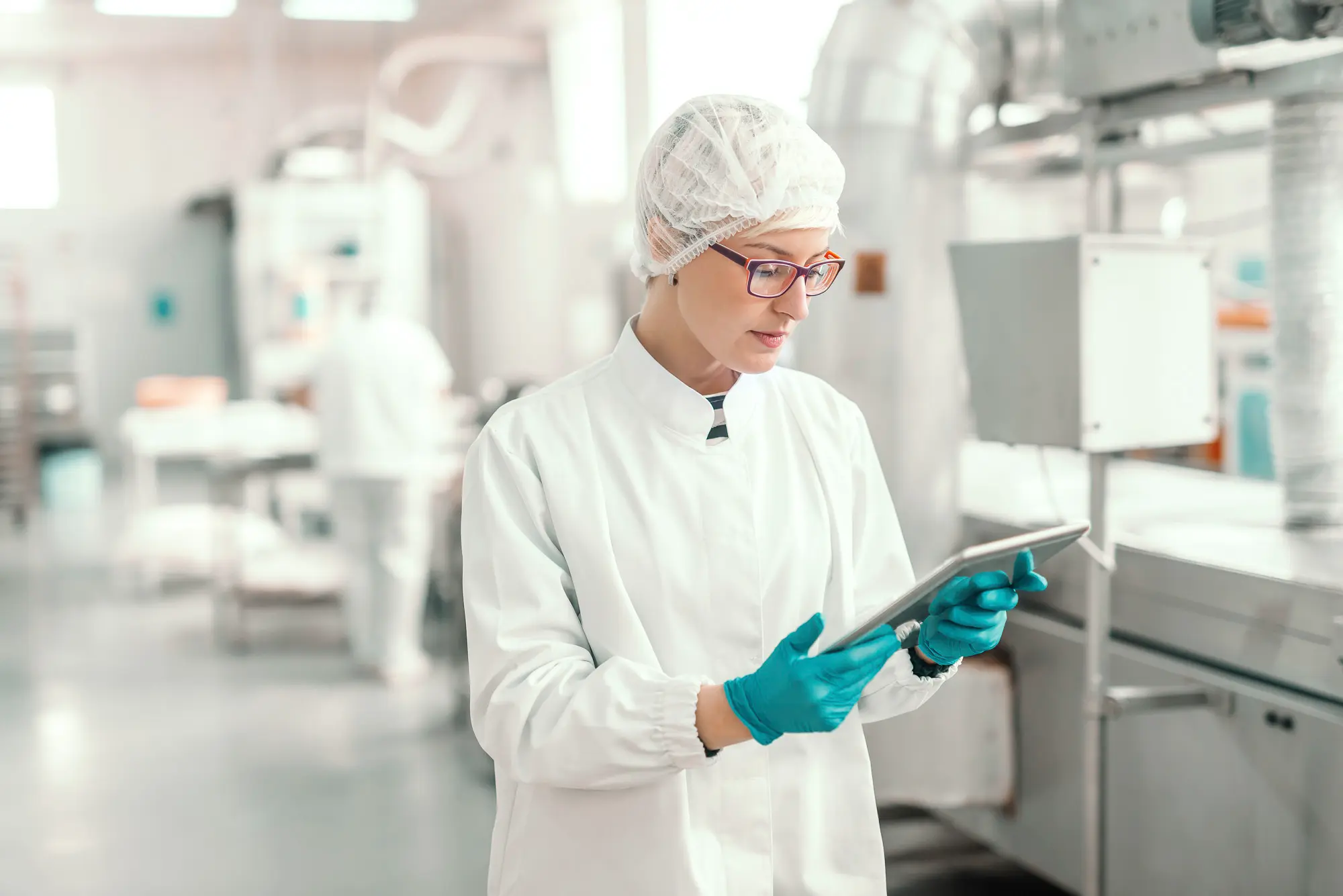
Samabriva can provide pilot-scale research batches in 25L proprietary bioreactors.
Large scale and routine manufacture
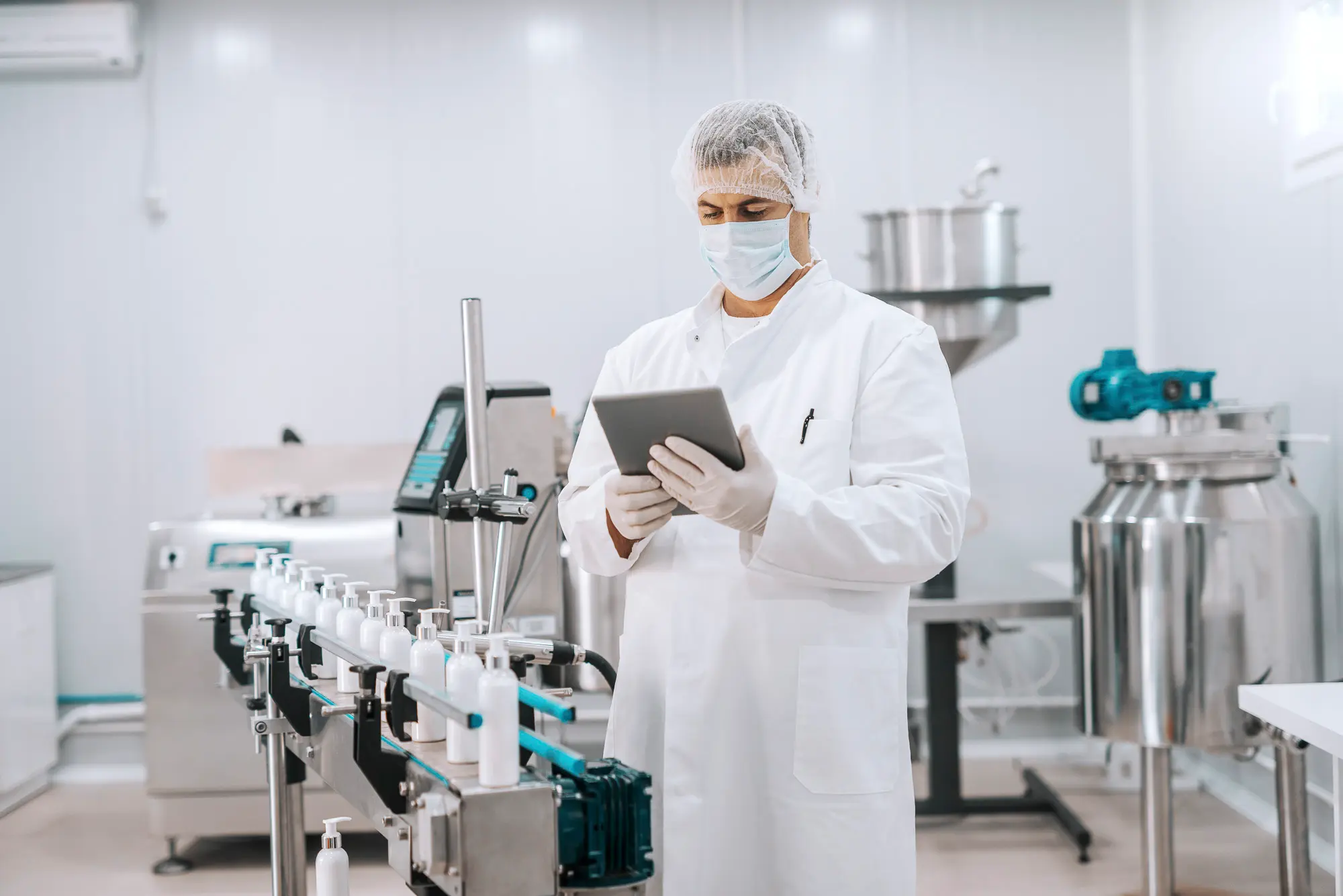
Samabriva is expert in large-scale bioreactor production (at least 350 L)
Hairy root storage
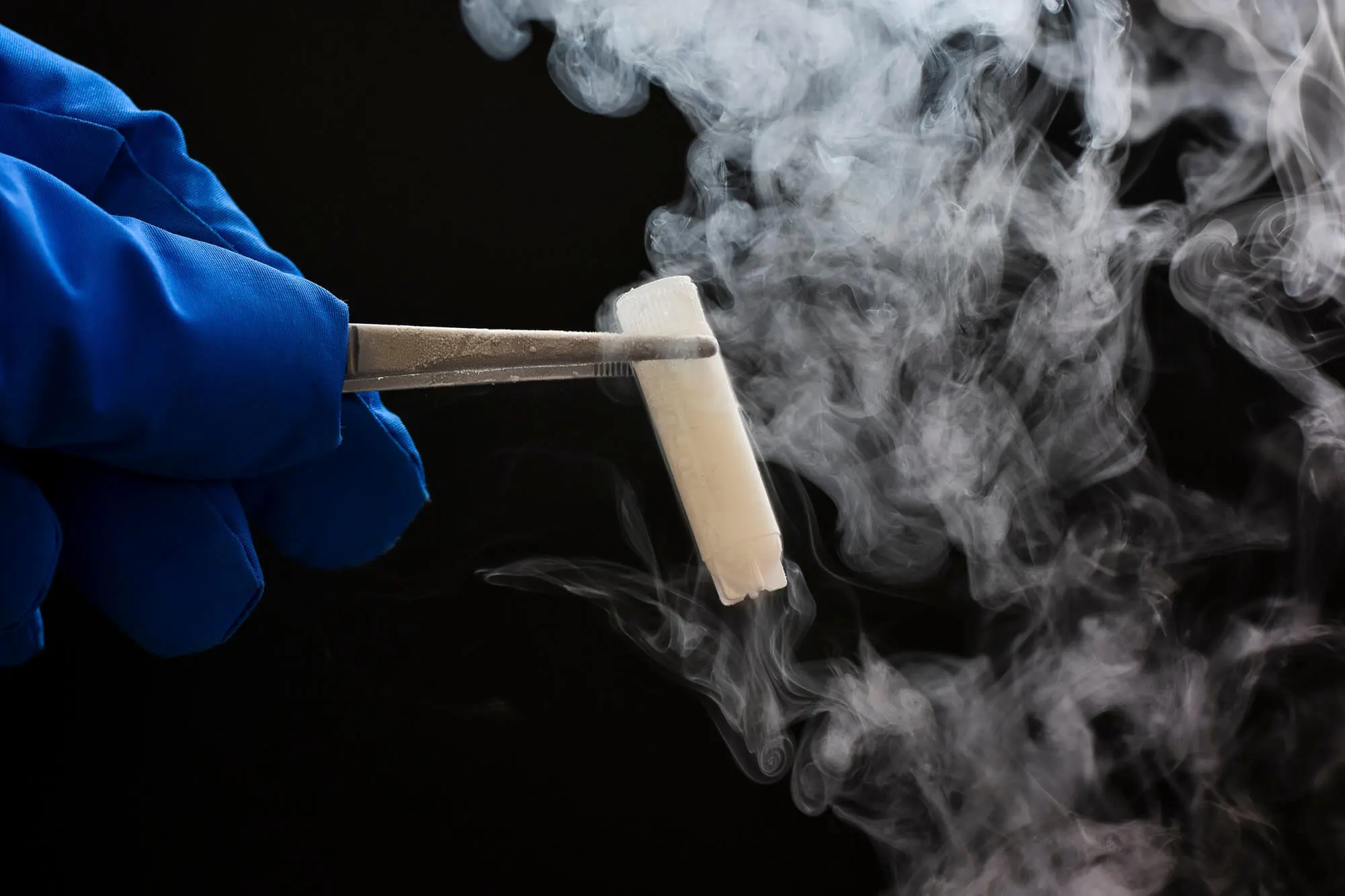
Specific cryopreservation protocols have been developed to create Research, Master and Working "Root" Banks
Scientific articles
REVIEW article
Frontiers in Plant Science - Hairy Root Cultures—A Versatile Tool With Multiple Applications
Research article
Plant Biotechnology Journal - Brassica rapa hairy root based expression system leads to the production of highly homogenous and reproducible profiles of recombinant human alpha-L-iduronidase
Article
Biotechnology and Bioengineering-Improving yield of a recombinant biologic in a Brassica hairy root manufacturing process
The development process
A controlled process from sequence design to large-scale bioproduction (ISO9001/GLP compliant)
Phase 1 :
ROOT CLONE DEVELOPMENT
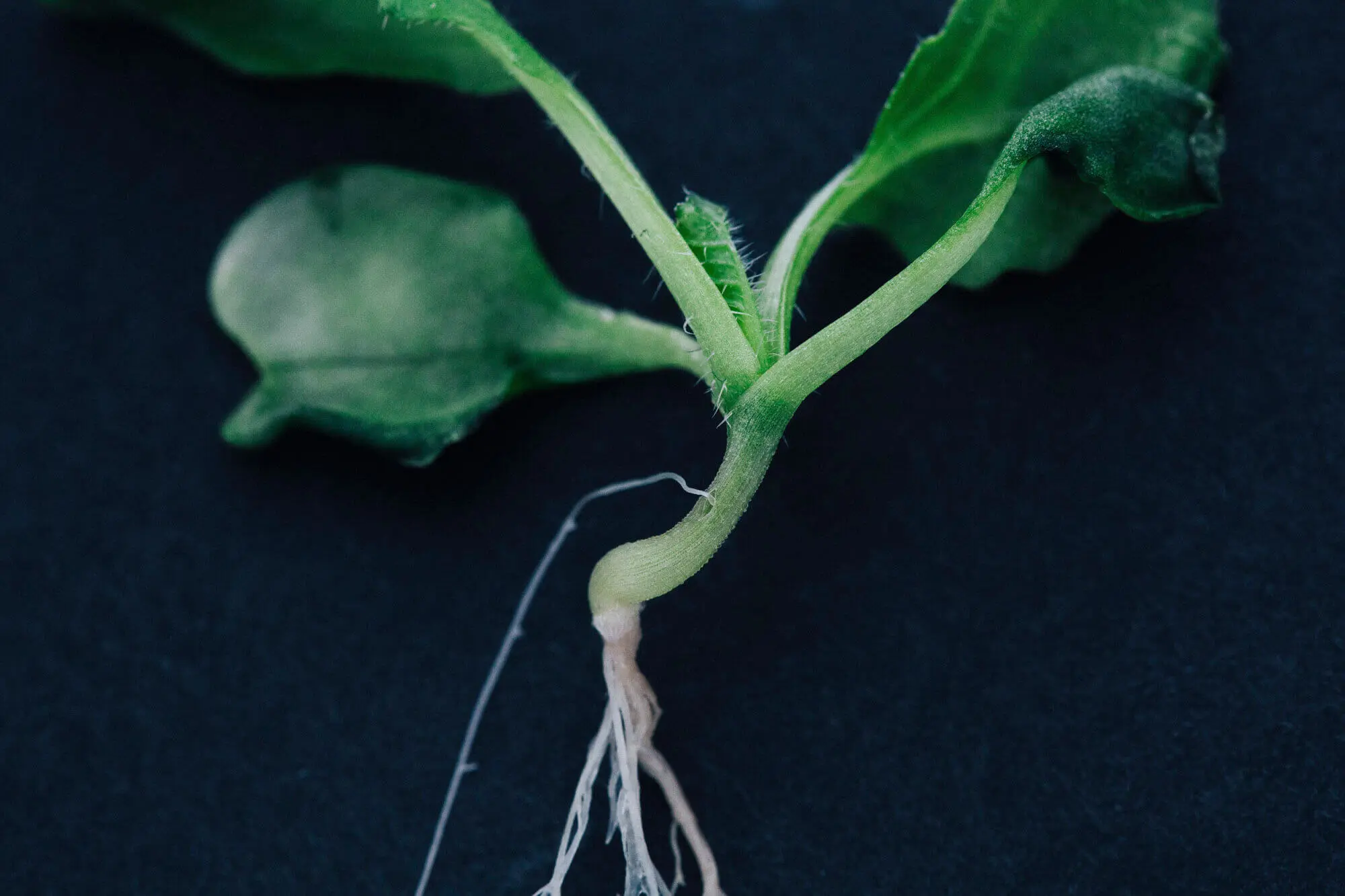
Generation and selection of the high-producer hairy root clone (stable transformation)

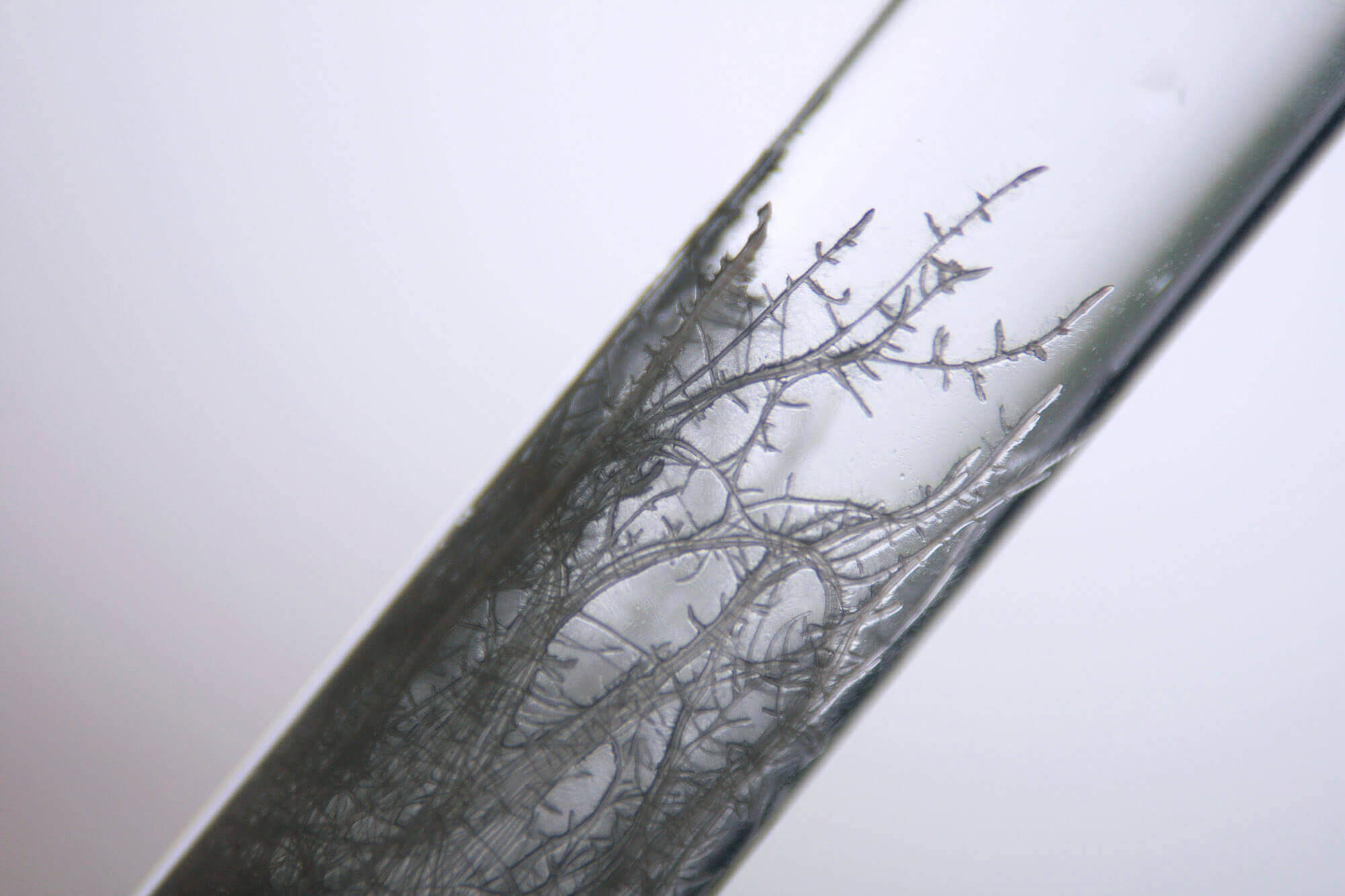
Clone development, selection and characterization
Clone amplification
and specific culture optimization with DoE

Generation of a stable producer root clone producer with high production capability
Phase 2 :
MANUFACTURING
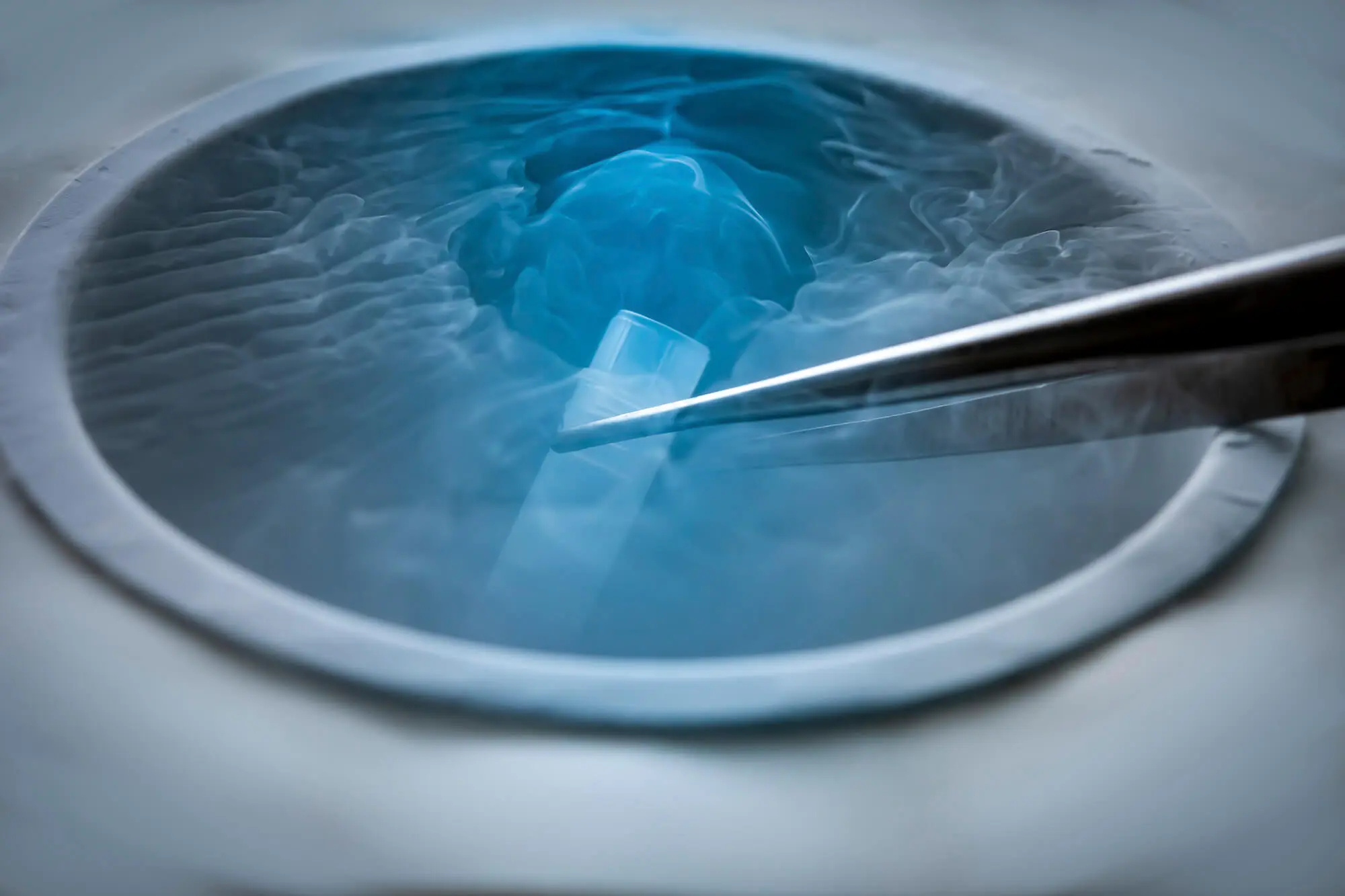
Pilot scale development and in-process definition.
Creation of the Research, Master and Working "Root" Bank (Cryopreservation of the clone at -196°C)

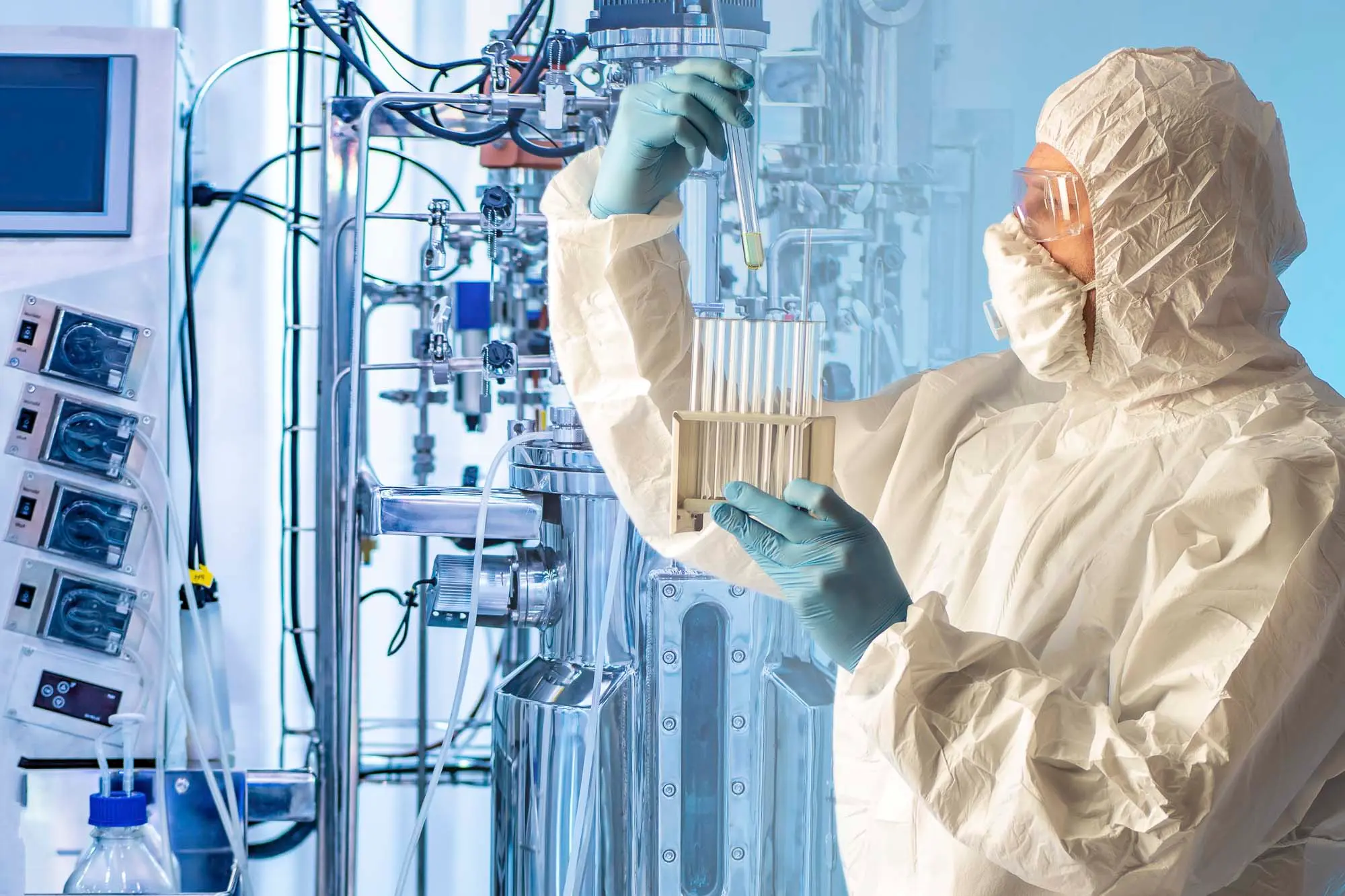
Scale-up and routine manufacture
Up-scale in single-use large-scale proprietary bioreactors (currently at 350L)
